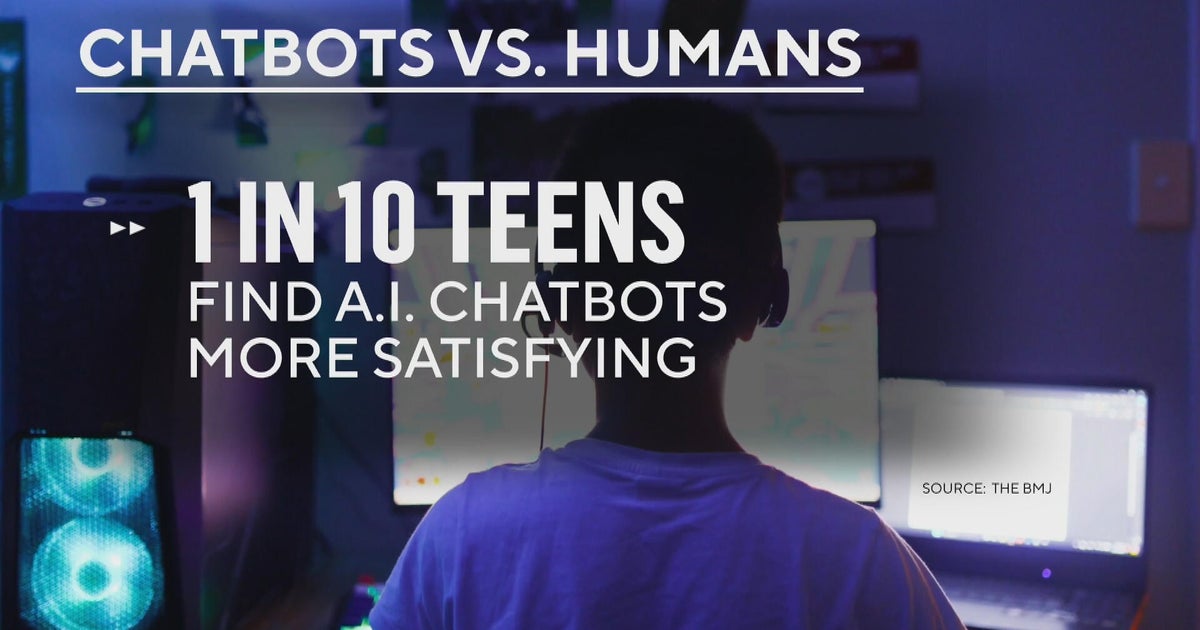Adult children are costing many parents their retirement savings
- Half of American parents have cut back on their retirement savings to help pay their children's bills, a Bankrate.com survey shows.
- Parents are putting their kids' car insurance, cell phone bills, credit card debt and health care costs ahead of their own needs to grow their retirement funds.
- Kids miss out on learning to be independent. "When you write your first rent check or car loan check it feels so good to be able to face some problem and fix it for yourself," said one expert.
Financial independence, once a hallmark of adulthood, has gone by the wayside as adult children increasingly depend on their parents to help them cover the cost of rent, student loans, health insurance and more. But parents' desire to give their children a financial assist could be misguided — and even backfire in the long run.
Half of American parents are unable to save as much as they'd like to for retirement, and their grown offspring — whom they still count as dependents — are to blame, according to a new Bankrate.com survey.
While they likely mean well, parents who support children into young adulthood often end up encumbered when they reach retirement age. They can inadvertently hamstring their kids, too.
Instead of bankrolling their grown kids' lifestyles, parents would do well to keep an eye on their own finances while teaching their children financial independence, experts say.
Seventeen percent of the more than 2,500 adults surveyed by Bankrate said that they sacrificed their own retirement savings by "a lot" to help their adult children. Another 34 percent said they'd "somewhat" sacrificed their savings plans.
Not surprisingly, the lowest earners saved the least. Seventeen percent of couples making less than a combined $50,000 a year and have at least one child who is 18 or older said they were helping pay their adult children's bills but not setting aside any money for retirement.
Generational divide
There's a generational divide when it comes to perceptions of parents supporting adult children, the study found. Millennials between the ages of 23 and 38 believe they should be supported for longer, and expect some expenses, like student loans, to be covered up to the age of 23, according to the survey. Baby boomers, meanwhile, think parents should wean children off their bank accounts sooner across almost every category of expense, including cell phone bills, car payments and travel costs.
But the gap narrows when it comes to necessary, bigger ticket expenses like health insurance, which millennials and baby boomers agree young adults should be wholly responsible for by age 23.
Why is this happening?
Blame the 2008 financial crisis and Great Recession and a decade-long lag in substantial wage growth for this dynamic, said senior Bankrate.com economic analyst Mark Hamrick. Wage growth only recently climbed to 3.4 percent — a 10 year high — suggesting we are still "digging out" of the crisis, he noted.
"It shouldn't be a surprise that there is collateral damage with respect to parents of adult children that they have to downgrade the level of retirement savings that would they would prefer to prioritize," Hamrick said.
Recent employment reports show gains, but that's a "relatively modern phenomenon," he added.
Rising popularity — and cost — of higher education
Societal norms have changed, too, with many young adults opting to pursue higher education, thereby delaying their entries into the workforce. Young people no longer feel pressured to immediately enter the workforce — either full time or part-time — upon graduating from high school or college.
And by the time these degree-holders enter the workforce, they're saddled with student debt, hampering their ability to achieve financial milestones like buying a first home or car and contributing to a decline in small business creation. That's because the typical monthly student loan repayment these days is about $400 per month, or $4,800 per year.
Ramifications for parents down the line
What's troubling is not that parents are supporting their offspring, but that they are doing so at the expense of their own retirement savings. Nor are they earning an investment return on their non-existent savings. "We know that the earlier you can save for retirement, obviously the more substantial number of years you have to get that compounding interest. That alone is a toll," Hamrick said.
It's also keeping older Americans in the workforce longer. Workers over 55 filled nearly half of all new jobs in 2018 even though they make up less than a quarter of the nation's labor force, according to an AARP study.
The re-entry of older adults into the workforce could mean that senior workers are holding jobs that would otherwise be held by young people, Hamrick noted.
Children adversely impacted, too
It's overwhelmingly a bad idea for parents to support their adult children, mental health experts say. Providing one's progeny with a financial lifeline well into adulthood can deprive them of developing important tools that will serve them later in life.
If they don't take care of their own finances, they don't learn to manage bills, make sacrifices or be autonomous.
Relationship psychiatrist Dr. Laura Dabney agreed that prolonging this kind of support is imprudent, no matter how well-intended it might be. Children develop self-esteem by thinking through and overcoming obstacles on their own, she explained.
"When you write your first rent check or car loan check it feels so good to be able to face some problem and fix it for yourself," Dabney said. "So when parents or anybody steps in to save kids from all pain they deprive them of this valuable experience — this self-esteem builder — and they start to get the impression that they can't solve problems on their own and they regress to this immature, child mode."
Dabney suggests that parents instead open a dialogue with their kids to better understand their thought processes."They will get a better understanding of how their child thinks and oftentimes children will start putting it together themselves," she said. "As a parent, you have to get them to think them the problem, to think more globally, not just solve this immediate pain."
Editor's note: This story has been updated to include the number of adults surveyed by Bankrate.





